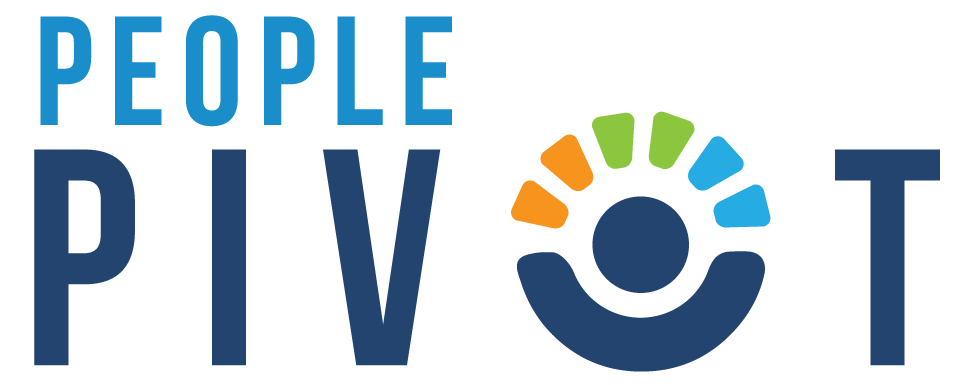In the multifaceted world of organizational development, behavioral psychology emerges as a key player in shaping and enhancing workplace culture. This blog post delves into the intriguing intersection of behavioral psychology and organizational culture, offering insights into how understanding human behavior can transform the workplace.
Behavioral Psychology at a Glance:
Behavioral psychology, or behaviorism, studies how people’s behaviors are influenced by their environment. In a workplace context, it’s about understanding how different factors such as leadership styles, company policies, and team dynamics influence employee behavior.
- Incentives and Motivation: Behavioral psychology underscores the importance of rewards in influencing behavior. In organizations, effective reward systems can boost motivation, drive performance, and reinforce positive behaviors.
- Leadership Influence: Leaders set the tone for organizational culture. Their behavior and management style can significantly impact employee morale and productivity.
- Feedback and Learning: Regular, constructive feedback is crucial for growth and development. Behavioral psychology shows that how feedback is given can greatly affect its effectiveness and the subsequent behavior of employees.
- Work Environment and Behavior: The physical and social environment of the workplace plays a crucial role in shaping behavior. Everything from office layout to team structures can impact how employees interact and perform.
Leveraging Behavioral Psychology for Positive Change:
- Reward Systems: Designing reward systems that not just recognize outcomes but also efforts and improvements can foster a culture of continuous growth.
- Leadership Development: Training leaders to be more aware of their impact on employee behavior and to lead by example can create a more positive and productive culture.
- Constructive Feedback Mechanisms: Establishing a culture where feedback is viewed as an opportunity for development can encourage openness and continuous improvement.
- Designing Collaborative Environments: Structuring work environments that promote collaboration can enhance team dynamics and overall organizational efficiency.
Case Studies:
- Google’s Project Aristotle: This study highlighted the importance of psychological safety in teams, showing that the best teams were those where members felt safe to take risks and be vulnerable in front of each other.
- Zappos and Company Culture: Zappos’ focus on creating a unique and strong company culture has resulted in high employee satisfaction and customer loyalty.
Conclusion:
The role of behavioral psychology in shaping organizational culture is profound. By leveraging its principles, businesses can create a workplace that not only boosts productivity but also fosters a sense of well-being and satisfaction among its employees.
This exploration reveals that understanding and applying behavioral psychology principles can lead to a more dynamic, engaged, and successful organizational culture.

